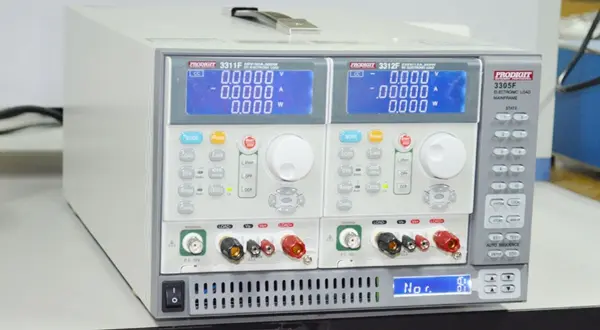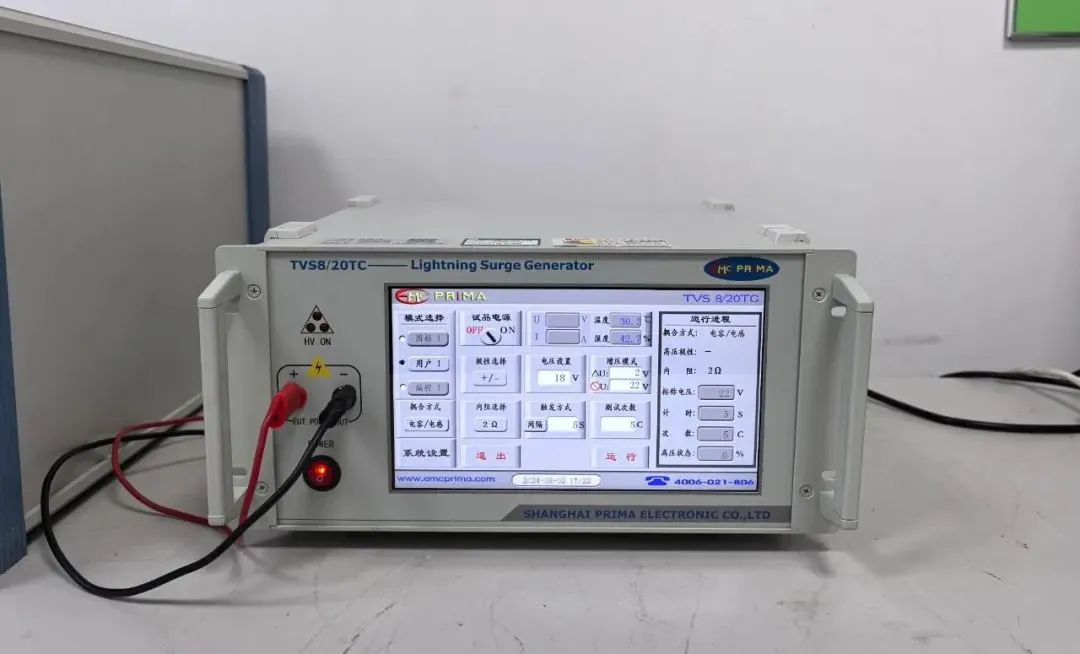
Introduction to Australian SAA & RCM Certification
Australia’s safety certification system covers mULtiple standards and regulatory bodies, including the common saa certification, c-tick certification, Customs rcm certification, energy efficiency certification, wireless certification, and more. Each certification has its own purpose and scope to ensure that products and services comply with relevant safety standards.

Basic certifications in Australia
1.1 SAA Certification (Standards Australia)
SAA Certification is led by Standards Australia and ensures that products meet safety standards. It applies to a wide range of products, including electrical equipment, electronic products, and household appliances. By complying with SAA standards, companies demonstrate that their products have undergone rigorous testing and evaluation for safety.
[Standards Australia – SAA Certification](https://www.standards.org.au/)
1.2 AS/NZS Certification (Australian/New Zealand Standards)
Issued by the Australian/New Zealand Standards authority, AS/NZS Certification covers safety and quality standards for products and services across various industries, including construction, manufacturing, and consumer goods. It ensures compliance with safety requirements during design, manufacturing, and delivery, supported by testing and certification procedures.
[AS/NZS Certification](https://www.standards.org.au/)
1.3 C-Tick Certification
C-Tick Certification, issued by the Australian Communications and Media Authority (ACMA), focuses on the electromagnetic compatibility (EMC) and electrical safety of electronic and communication devices. Obtaining C-Tick Certification demonstrates compliance with EMC regulations in Australia and grants market access.
[C-Tick Certification](http://www.RCM.industry.gov.au/)
1.4 RCM Certification
Australia and New Zealand have introduced the Regulatory Compliance Mark (RCM) as a unified compliance label for electrical products. The rcm mark indicates that a product meets both safety and EMC requirements. It is a registeRED trademark jointly owned by Australian and New Zealand regulators.
1.5 Energy Efficiency Labeling
Most states and territories in Australia have mandatory energy efficiency requirements for major household appliances and air conditioners. Each state maintains its own product registry, with Queensland and Victoria having the most comprehensive lists. Registration in one state is valid across all others.
Appliances covered include:
- Refrigerators & Freezers(Standards: AS/NZS 44741.1, AS/NZS 4474.2)
- Washing Machines(Standards: AS/NZS 2040.1, AS/NZS 2040.2)
- Clothes Dryers(Standards: AS/NZS 2442.1, AS/NZS 2442.2)
- Dishwashers(Standards: AS/NZS 2007.1, AS/NZS 2007.2)
- Single-direction household air conditioners(Standards: AS/NZS 3823.1.1, AS/NZS 3823.1.2, AS/NZS 3823.2, AS/NZS 3823.3)
Applicants must submit a form, valid test reports from accredited laboratories (valid for three years), and sample energy labels to the monitoring authority.
1.6 Wireless Certification
Applies to devices that use radio spectrum and are prone to high interference, typically those covered by CISPR11 and CISPR22 standards. Since C-Tick registration applicants must be registered companies in Australia or New Zealand, overseas manufacturers must apply through local buyers, subsidiaries, or certification partners.
Which Products Require Certification?
All products listed as declarable or designated must undergo certification before being sold in Australia.
Additional Notes
1. Transition to RCM:
SAA and C-Tick certifications are being phased out and replaced by RCM Certification, which covers both safety and EMC. (C-Tick may still apply to some low-power wireless products.)
2. Product Risk Classification:
- Low Risk: Battery-powered products and products under 12V
- Medium Risk: Standard 240V products
- High Risk: High-voltage products
3. RCM Application:
Only Australian-registered companies can apply for RCM. The applicant must obtain an RCM number from the Australian government. Chinese manufacturers/exporters can apply for IEC or AS/NZS test reports, but the final RCM application must be submitted by the Australian importer.
4. Market Trend:
Since importers bear the risk of non-compliance and overseas companies cannot directly apply for RCM, more established Australian companies are shifting away from letting Chinese manufacturers handle reports and SAA applications. Instead, they increasingly prefer using reputable laboratories to generate reliable test reports and data, followed by importer-led RCM applications.
Email:hello@jjrlab.com
Write your message here and send it to us
 What is IEC 62052 for Electrical Energy Measuring
What is IEC 62052 for Electrical Energy Measuring
 Australia LoRa Band 915-928 MHz RCM Compliance
Australia LoRa Band 915-928 MHz RCM Compliance
 What Are the Compliance Certifications for VHF Pro
What Are the Compliance Certifications for VHF Pro
 Which Products Require WERCS Registration?
Which Products Require WERCS Registration?
 Dustproof and Waterproof Ratings IP 54 / IP65 / IP
Dustproof and Waterproof Ratings IP 54 / IP65 / IP
 SAR Standard Testing under the EU CE-RED Directive
SAR Standard Testing under the EU CE-RED Directive
 Differences Between the Three EU Directives: LVD,
Differences Between the Three EU Directives: LVD,
 How to get CE Marking Certification?
How to get CE Marking Certification?
Leave us a message
24-hour online customer service at any time to respond, so that you worry!




